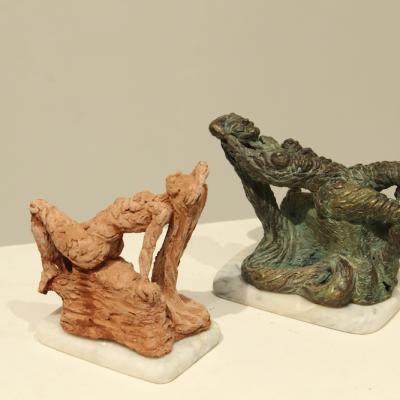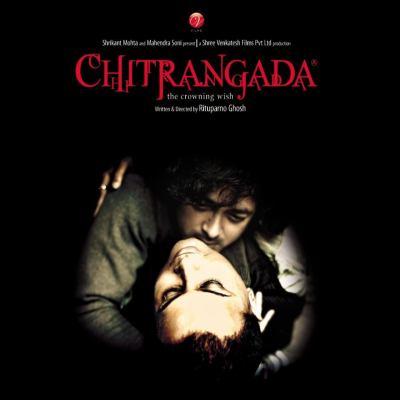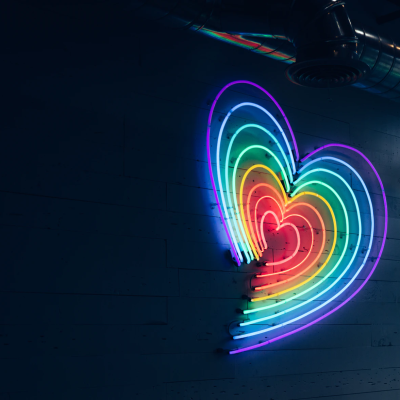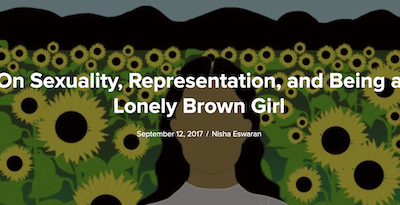love
Loving sex has only opened doors for me to know more about the world and myself. It helps me love and appreciate myself more and also, to a fair bit, tolerate this hypocritical and violent world. It gives me hope.
What does Tanu Weds Manu Returns (2015) have in common with Perumal Murugan’s controversial book, One Part Woman (2013)? Stories on emasculation…
My friend’s son, too, likes wearing tutus and frilly skirts. Every time they go shopping for clothes, he heads to the girl’s section and picks out the frilliest outfit. At check out, invariably the cashier asks if the pretty outfit is for his sister and he confidently says it is for him. Often he wears these outfits to school. His confidence comes from his mother’s acceptance of him and her understanding of his gender expansiveness. It helps that she is a sociologist, but there is a constant pushback from society including from his peers at school who bully the little boy. But it is the constant support from his mother and family that allows him to remain confident and thrive whilst being different.
As a girl, I was made to believe that pleasure was something that existed outside my body, something that I had to seek out, something that was necessarily a product of a partnered experience. I don’t think I was even allowed to want pleasure, especially in its sexual forms.
Through multiple maquettes, I finally came across (since I myself did not know what the result of the form or figure would be) the Reclining Lady. She represents confident femininity and vulnerability. The feeling one has after taking a bath and sitting in the nude, drying oneself in unabashed nakedness.
Emma Watson spoke to British Vogue about the incredible amounts of stress and anxiety that follows, “…if you have not built a home, if you do not have a husband, if you do not have a baby, and you are turning 30, and you’re not in some incredibly secure, stable place in your career, or you’re still figuring things out…”
The lovers enact many recognizable hetero-normative romantic tropes – the wronged petulant woman pacified via kisses and caresses, the woman too tired for sex who then tries to placate the sulking male lover.
Generations come and go but the quest for love remains eternal. In the early 2000s, most of us millennials were…
While sex workers face repeated harassment by the police, many young couples face threats in a one-off incident if the police finds them with their partner/lover. They may face police surveillance of expressions of intimacy and affection in public.
The thing about crushes, is that eventually they stop being that. I’m not saying love dies or anything, I’m just saying, that Love never was and sometimes it takes a few months of tumbling across perfumed bedsheets
I’m a sucker for love. And I don’t want to be a party pooper either. There is lots I have…
Contemporary and predominant imaginations of intimacy focus primarily on a sex-centric (romance-centric?) model which assumes that sexual desire exists and holds the same value for every person and every relationship regardless of their subjective positions. Sexual intent and desire are often the cruces of how relational aspects such as intimacy are socially constructed.
I long for much more than a greater representation of brown women. I long for a complete overhaul of the racial, gendered, and economic systems that structure our suffering.
But I also long for representation of all people, including brown women, who are in love, who are loveable, and who are — in the absence of love — lonely.
I wanted to be one of those people who decide to never date again and actually follow through. Indeed, I decided that a lot. A resolution that was broken so many times that it became a running joke in my head.
Pandemics have a profound psychological impact. They are known to disrupt one’s sense of safety, security, certainty, control, concordance, and…















